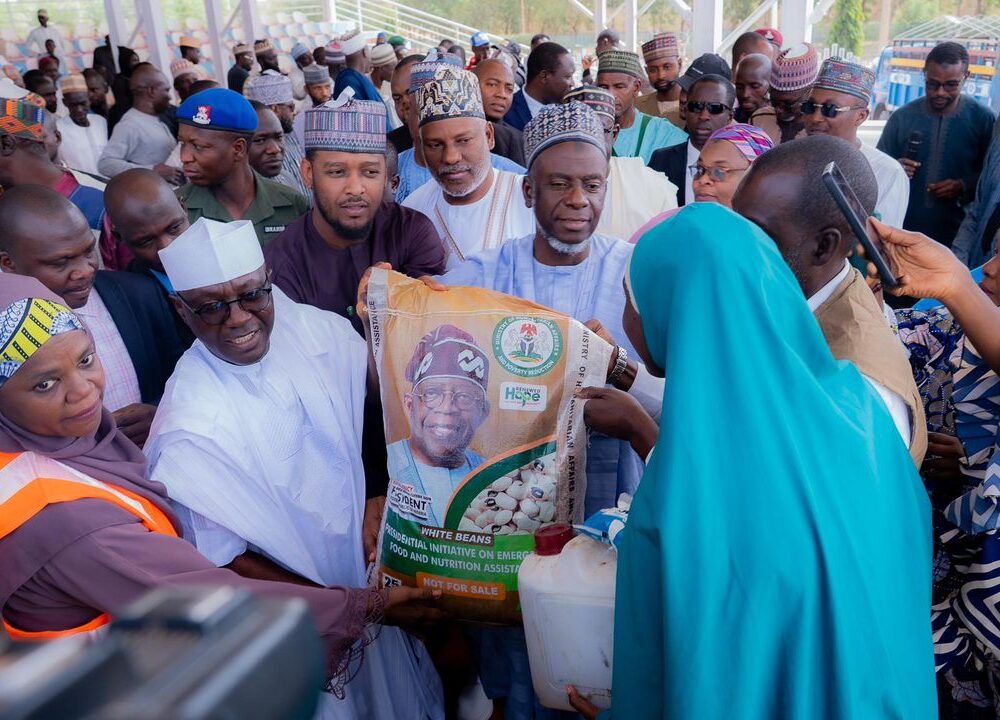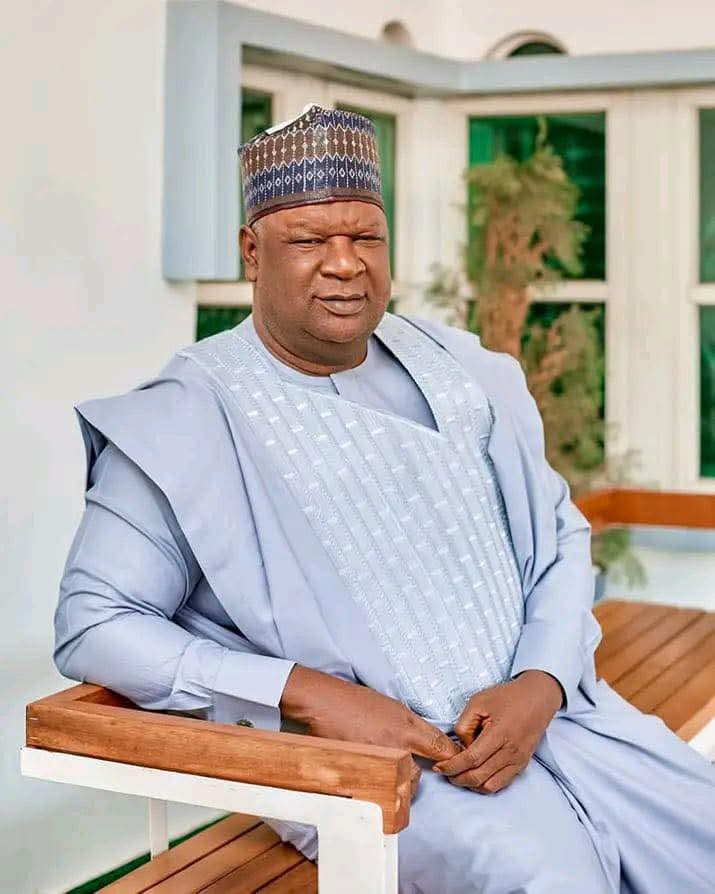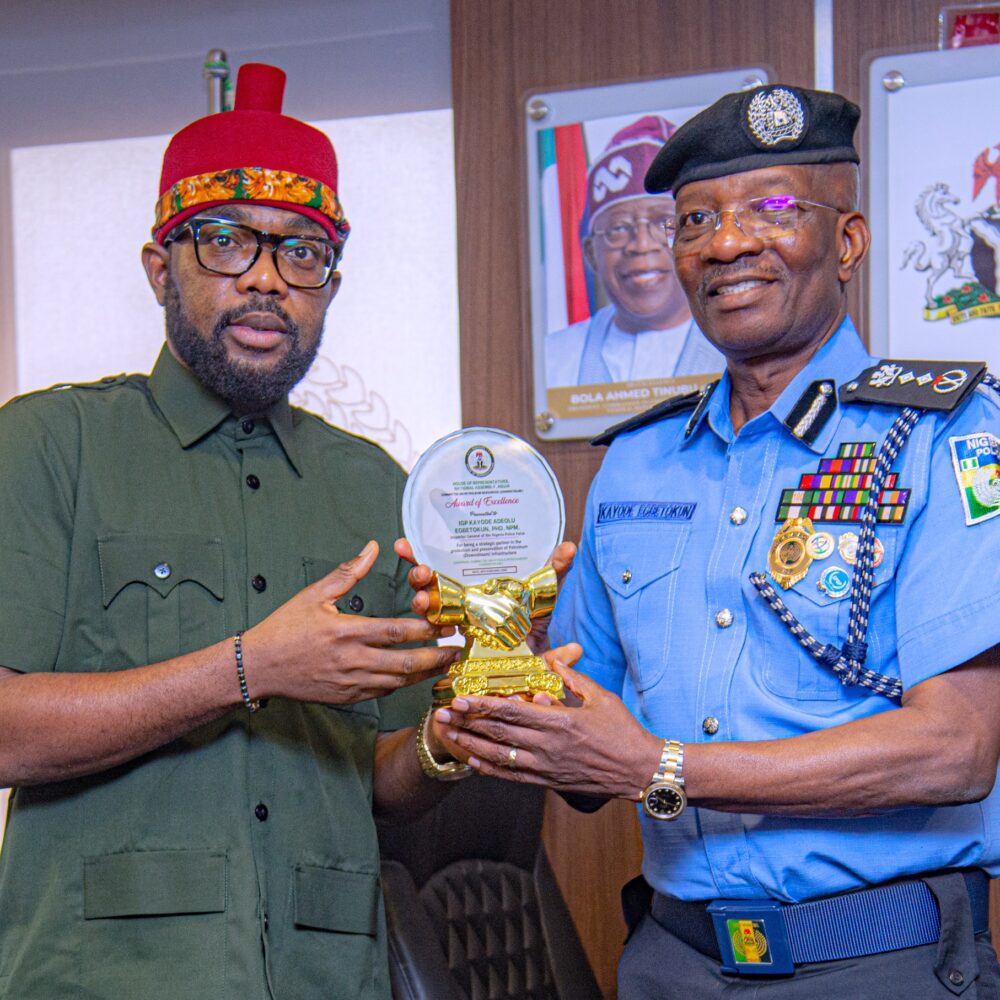The 19th Wole Soyinka Award for Investigative Reporting, held on December 9, 2024, in Lagos, brought together media stakeholders who called for urgent improvements in investigative journalism to restore media credibility. The event, organized by the Wole Soyinka Centre for Investigative Journalism (WSCIJ), celebrated the achievements of Chinyere Okunna, Beko Ransome-Kuti, and 15 outstanding journalists.
Motunrayo Alaka, WSCIJ Executive Director/CEO, decried the harassment of journalists and emphasized the need for investigative reporting to remain fearless and impactful. “We must not normalize the harassment of journalists in Nigeria,” Alaka said, referencing the Centre’s report that identified state actors, especially the police, as primary aggressors against press freedom.
Michel Deelen, Consul General of the Netherlands in Lagos, urged media practitioners to prioritize credible, investigative reporting to counter misinformation and tackle human rights violations. He also highlighted the challenges posed by artificial intelligence in maintaining media ethics.
Awardees included Aaron Atsahyel, who won the television category for his documentary Stolen Innocence, and Lami Sadiq, who clinched the print award for her exposé on Abuja’s kidney black market. Jemilat Nasiru and Ibrahim Mansur won the online category, while Olukayode Jaiyeola’s photojournalism also received top honors.
Chinyere Okunna, Nigeria’s first female Professor of Mass Communication, was presented with the Lifetime Award for Journalistic Excellence for her contributions to media development and advocacy for women’s empowerment. A posthumous Human Rights Defender Award was conferred on the late Beko Ransome-Kuti for his civil rights activism.
The two-day event concluded with the Amplify In-depth Media (AIM) Conference, where stakeholders deliberated on media credibility, ethical reporting, and the implications of artificial intelligence. They emphasized the need to strengthen journalism’s role in holding power accountable and rebuilding public trust.





